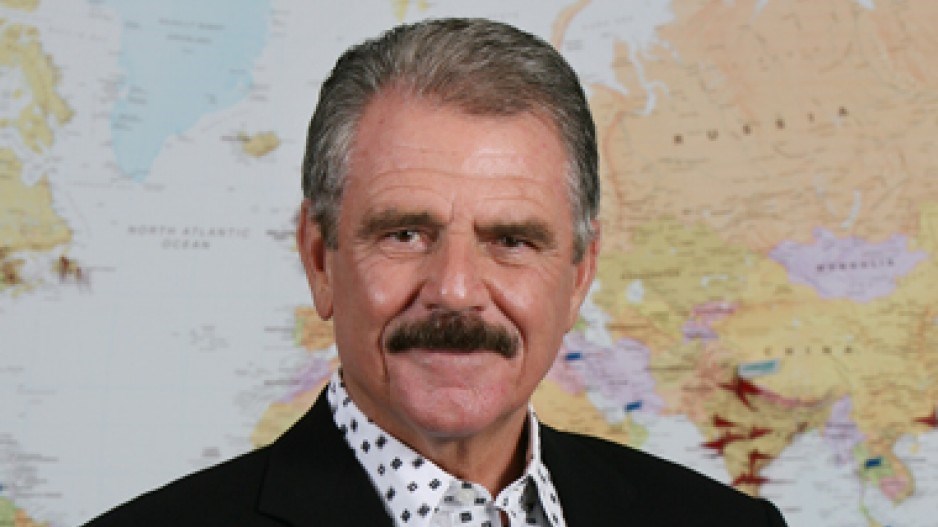Business in Vancouver’s “How I Did It” feature asks business leaders to explain in their own words how they achieved a business goal in the face of significant entrepreneurial challenges. In this week’s issue, Gary Charlwood describes how Vancouver-headquartered global travel agency Uniglobe Travel survived devastating commission cuts and the advent of travel websites.
“I don’t think anybody can start a business at any time without having roadblocks put in their way. You just have to get over them, and that’s the nature of small business. However, there are some things that are quite calamitous.
“The travel industry used to make a significant portion of its revenue from airline commissions. In the early ’80s and ’90s, that would have been between 60% and 70% of revenue.
“But in 1995, airline carriers introduced commission cuts. Overnight a $1,000 commission was cut to $50.
“They announced it Friday, and it started Monday. It was a calamitous shock to the industry.
“From the perspective of Uniglobe, where we had franchisees all over the world, they expected leadership from us. We had to to come up with a position of hope versus hopelessness.
“Within 36 hours of the announcement, we came up with our own announcement, which was 110 in 110. The principle was that you will earn 110% of what you earned before within 110 days, if you follow our recommendations. And that gave people hope.
“We went to our business clients, and we said we’ve got a problem. By servicing your account and providing high-quality service, we’re now earning a minute fraction of what we earned before. The only way we can survive and continue to provide a service is to charge a fee for what we do.
“It was amazing. A significant percentage of our clients understood that. Something like 60% of our clients stuck with us and 40% went elsewhere. But within six months, we had all of our business back, because they’d go to somebody else, and they wouldn’t provide anywhere the level of service they were getting from us.
“Lo and behold, 110 in 110 was accomplished for those that followed the program.
“The travel industry changed dramatically. The number of travel agencies in North America went from 40,000 to about 15,000 today. But those that stayed were doing much better than they ever had before.
“And then we had to deal with the online travel agent. That was the big new battle that came with Expedia and Travelocity and all of those.
“But they’re very impersonal. What the bricks-and-mortar travel industry has done is really emphasize personal service.
“A lot of businesses left the bricks-and-mortar area and went online, but now they’ve come back to a very large degree.
“And so Uniglobe is now in 60-plus countries around the world with 700 outlets and about $5 billion in sales.”




